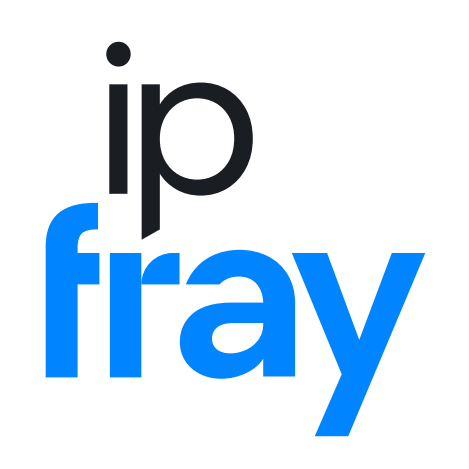Context: Earlier this year, Lenovo filed a motion for a preliminary injunction (PI) asking the England & Wales High Court of Justice to obligate Ericsson to withdraw pending cases in other jurisdictions, including certain Brazilian and Colombian standard-essential patent (SEP) cases in which Ericsson is enforcing preliminary injunctions (February 13, 2024 ip fray article).
What’s new: Today Mrs Justice Kelyn Bacon (Wikipedia) held the PI hearing. ip fray followed via video link. Lenovo’s counsel faced highly skeptical questions about the obvious disconnect between the alleged injury in the UK (Ericsson’s alleged infringement of a Lenovo patent) and the extraterritorial remedy sought (a de facto antisuit injunction with respect to (not only, but particularly) Latin American proceedings). Ericsson’s counsel also had to answer various questions. The parties’ key arguments became known today, and as result ip fray has learned that Lenovo claims that it will be the net licensor under a future cross-license agreement between the two, a position that Ericsson flatly rejects.
Direct impact: A decision may come down as early as tomorrow. While the hearing lasted several hours and Mrs Justice Bacon will presumably not adopt all of Ericsson’s positions, Lenovo did not make compelling arguments to overcome concerns over the above-mentioned injury/remedy disconnect and the fact that no UK court has so far granted a PI over a SEP. Also, the damage to Ericsson’s network infrastructure business from wrongful enforcement would constitute irreparable harm and even third parties would be impacted.
Wider ramifications: Lenovo and Tesla are currently trying to move the FRAND goal posts in the UK to the effect that the jurisdiction would give implementers leverage over SEP holders and make itself an outlier on the global stage through decisions inconsistent with fundamental legal principles.
It would be very surprising (and it would have been so even prior to today’s hearing) if Lenovo’s outlandish motion was granted. Even the fact that Mrs Justice Bacon reminded Ericsson of this not being an antisuit motion is more of a formal perspective than anything else: the substance what Lenovo is seeking is an antisuit injunction over other patents in other countries, claiming that it follows from Ericsson’s reciprocal FRAND licensing obligation. But reciprocity in the SEP context doesn’t mean that one can use one patent in one jurisdiction and then force the other party to withdraw all cases (and drop all injunctions) elsewhere. The purpose of reciprocity is just to avoid a situation in which one party would be bound by a FRAND commitment and the other would be free to demand supra-FRAND royalties or to seek injunctions.
There’s also a common-sense reason for which Lenovo’s PI request makes no sense. Those Latin American injunctions have been enforced for a few months now. Back in December, Lenovo already told a U.S. court that it needed a temporary restraining order because it would be forced to take a cross-license. But Lenovo failed to win a U.S. antisuit injunction and still hasn’t settled. Now Lenovo tells the UK court that it “may” have to settle, which is more cautious than the positions it took in North Carolina a few months ago.
What appears most surprising, however, is Lenovo’s claim that under a cross-license agreement, a net payment will go from Ericsson to Lenovo. Ericsson has a more powerful patent portfolio and its product sales have a unit volume that is tiny compared to Lenovo’s. Even if one assumes that higher royalties are paid on base stations (which are obviously much more expensive than end-user devices), the discrepancy in volume is so huge that it’s impossible to imagine a scenario in which Lenovo would be the net licensor.
Lenovo’s litigation conduct is also clearly that of a company that expects to be the net payer, not the net recipient, of royalties.
Ericsson argues that Nokia is in terms of patent portfolio, unit volume and product category somewhat comparable. Both companies are major players in the network infrastructure business. And when Nokia settled with Lenovo in April 2021, the press release said:
“Under the agreement, Lenovo will make a net balancing payment to Nokia.”
ip fray will report on Mrs Justice Bacon’s decision as soon as it is announced. The earliest possibility at this point is 11 AM local time tomorrow.
